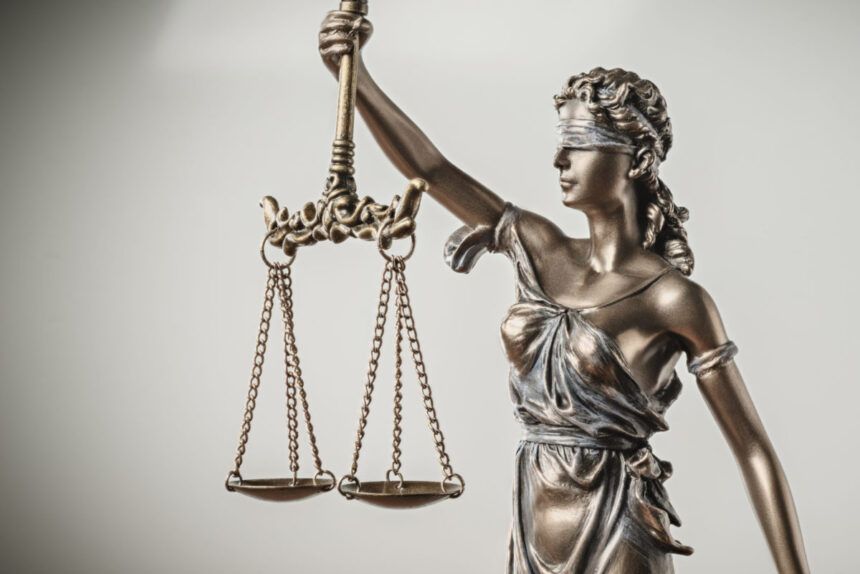Kwame Baffoe Abronye is not facing justice. He is facing persecution. His only offence is that he spoke his mind about the Inspector-General of Police and John Mahama. For that, he has been targeted, not by the law, but by a judge who has abandoned his oath and allowed politics to dictate his rulings.
Justice Samuel Bright Acquah has dragged the bench into disgrace. Twice, he has remanded Abronye, not because of compelling evidence, but because of his own prejudice and political directives from the executive. In open court, instead of confining himself to the case, he chose to rant about “politics of insult,” when the very NDC whose interests his actions appear to serve has been the worst offender on that same charge. That was not justice speaking. That was partisan anger in a robe.
The Constitution of Ghana is unambiguous: bail is a right, not a privilege. In a case of Misdemeanor, the continued denial of bail is not law. It is oppression meant to humiliate and humble chairman Abronye.
I cite Justice Acquah for abuse of discretion, turning remand into a political tool, and thereby reducing the court into an instrument for silencing critics.
A judge who behaves in this manner ceases to be an arbiter. He becomes an executioner for political masters. The court is no longer a place of fairness but a stage for intimidation. When rulings serve politics instead of law, the robe is nothing more than a costume of tyranny.
Justice must be visible in every decision of the court. What Acquah has shown Ghanaians is bias, vindictiveness, and selective punishment. His conduct reveals not an impartial judge but a man determined to use his position to muzzle dissent. Justice Samuel Bright Acquah must not forget the atrocities committed against judges under the AFRC and PNDC regime of the same NDC he now seems eager to please. He must remember that you do not dine with a hyena and expect safety. His flirtation with the NDC will not bring him honour, only disgrace.
This outrage will not be forgotten. Ghanaians are watching. We will not sit idle while a magistrate converts the courtroom into a weapon of politics. Justice Samuel Bright Acquah has chosen vengeance over fairness, politics over principle. His name will stand as a warning of how justice dies when a judge betrays his oath.
J. A. Sarbah




